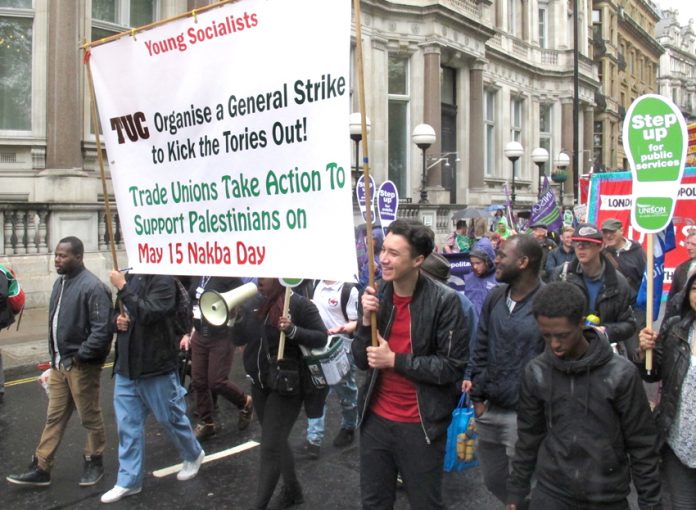
UNDER HEAVY FIRE, PM May yesterday was reduced to pleading with fellow ministers and MPs to ‘trust me to deliver’ over Brexit.
Writing in the Sunday Times, May said that she would ensure the UK left the customs union without imposing a hard border in Ireland. She warned: ‘There will have to be compromises,’ but pledged: ‘I will not let you down.’
At least a dozen members of Theresa May’s Cabinet are lining up to block her plans for a new ‘customs partnership’ with the European Union. Twelve out of a total of 28 individuals who sit in Cabinet alongside May oppose her plans for Britain’s post-Brexit customs relationship with the EU.
Sajid Javid, the Home Secretary, and Gavin Williamson, the Defence Secretary, became the first Remain voters to switch sides to join opposition to May’s plans.
• Simon Coveney, the Irish foreign minister, dismissed the idea of using any form of infrastructure or technology to maintain separate customs regimes between the Republic of Ireland and Northern Ireland. He told the BBC’s Andrew Marr Show: ‘We just simply think it won’t work. If you don’t believe me on it, listen to people who are living locally. ‘Listen to the chief constable of the PSNI. He is saying any infrastructure on the border, any physical infrastructure on the border, is going to represent a risk to his officers. He’s warning not to go down that route.’ Instead he said the two governments could agree a ‘shared customs space or shared customs territory’ and echoed May’s language of a ‘customs partnership’.
• Labour’s Shadow Brexit secretary Keir Starmer is however very keen to please the EU.
He told the Andrew Marr Show: ‘What we propose is, on the one hand a comprehensive customs union, and also a strong single market relationship that hard wires the benefits of the single market into the future agreement.’